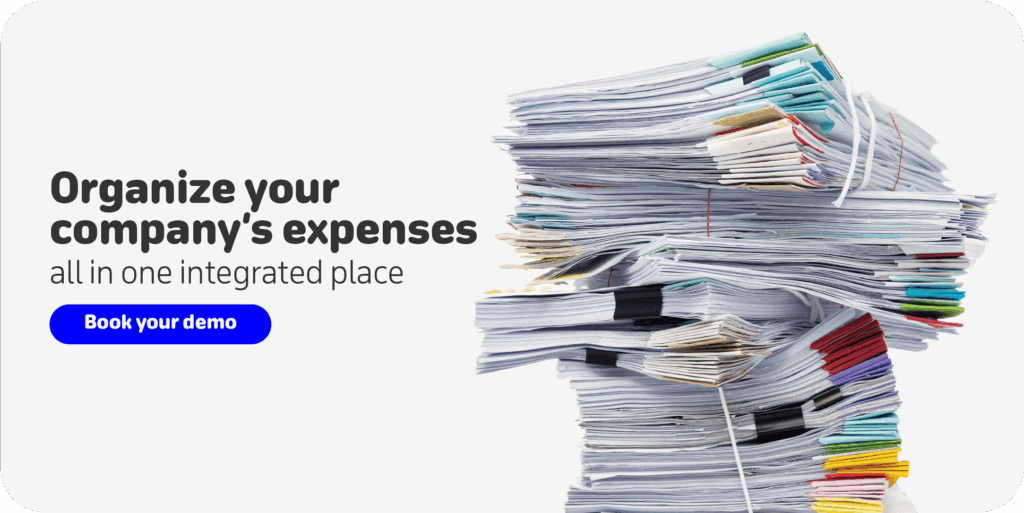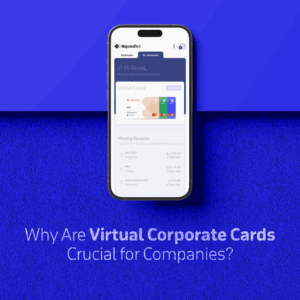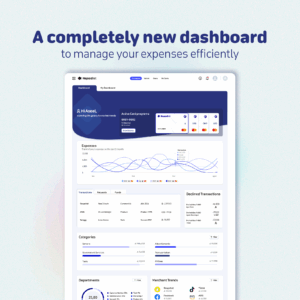
In the fast-paced world of agency operations, effective expense management is not just a financial necessity, it’s a strategic imperative. Agencies, whether specializing in marketing, advertising, or creative services, often juggle multiple clients, projects, and budgets simultaneously. Without a robust expense management system in place, even the most successful agencies may face cash flow issues, overspending, and inefficiencies that erode profitability.
This article explores the importance of expense management for agencies, common challenges that disrupt workflow, and actionable insights to help advertising agencies streamline their financial operations.
The Importance of Expense Management for Advertising Agencies
Expense management is more than tracking receipts and settling accounts. It involves gaining a clear understanding of where your money goes, ensuring compliance with budgets and spending policies, and making informed decisions that drive growth.
For agencies, this is particularly critical due to their project-based nature. Each project comes with its own set of expenses, from software subscriptions and freelance fees to travel costs and overheads.
Without proper oversight, these expenses can quickly spiral out of control, leading to missed deadlines, dissatisfied clients, and reduced profit margins.
Moreover, agencies often operate on slim profit margins, especially in competitive industries. Effective expense management helps identify cost-saving opportunities, optimize resource allocation, and reinvest savings in areas with the greatest impact.
Key Challenges in Managing Agencies Expenses
Challenge 1: Fragmented Processes
Reliance on manual or disconnected systems (e.g., spreadsheets and multiple tools) often results in errors, delays, and a lack of real-time visibility into spending.
Solutions:
- Adopt a Unified Expense Management System: Use a centralized platform that consolidates all expense related data. This eliminates the need for multiple tools and minimizes errors caused by manual data entry.
- Automate Data Entry and Reporting: Leverage automation to track expenses in real-time, integrating transactions into a streamlined approval/rejection system. This ensures consistency across the agency and reduces delays caused by unclear procedures.
Challenge 2: Client Specific Budgets
Agencies must manage digital marketing spend within the constraints of client budgets. This requires precise tracking and accurate reporting to ensure spending aligns with client expectations and contractual agreements.
Solutions:
- Set Project-Based Budgets: Allocate specific budgets for each client or project within your expense management system. This allows for real-time monitoring of spending against budget limits.
- Establish Approval Workflows: Implement approval hierarchies involving project managers or finance teams to ensure budget adherence. This enables proactive adjustments before overspending occurs.
- Provide Transparent Reports for Clients: Create detailed expense reports to show how funds are utilized. This builds trust and ensures alignment with client expectations.
- Conduct Regular Budget Reviews: Perform periodic reviews of project budgets to identify recurring spending patterns and anticipate potential issues.
Challenge 3: Cash Flow Management
Irregular cash flow is a common issue for agencies, particularly those reliant on client payments to cover operational expenses. Poor expense management can exacerbate cash flow challenges, making it difficult to meet financial obligations.
Solutions:
- Negotiate Favorable Payment Terms: Work with clients to establish shorter payment cycles or request upfront deposits to improve cash flow.
- Monitor Cash Flow Regularly: Use financial tools to predict cash flow by forecasting upcoming expenses and revenue. This helps identify potential shortfalls and plan accordingly.
- Control Unnecessary Spending: Implement strict approval processes for non-essential expenses and prioritize spending that directly contributes to revenue generation.
- Build a Cash Reserve: Set aside a portion of revenues as a reserve to cover unexpected expenses or delays in client payments.
- Encourage Early Payments: Offer discounts or other incentives for clients who pay their invoices early, improving cash flow predictability.
Conclusion
For agencies, mastering expense management is a key driver of financial health and long-term success. By taking a proactive approach to managing expenses, agencies can focus on delivering exceptional results for their clients while building sustainable and thriving businesses. Effective expense management not only safeguards profitability but can also serve as a competitive advantage as agencies scale their operations.
Ready to enhance your company’s financial operations? Contact us today to schedule a demo and discover how Nqoodlet can benefit your business






